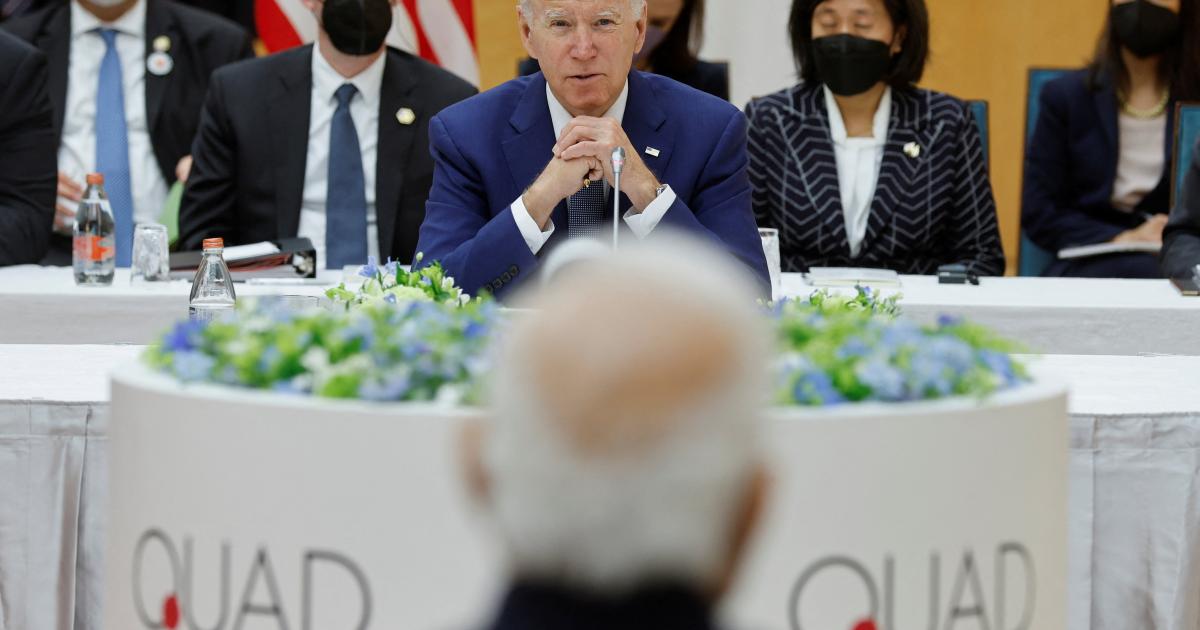Submission Statement India’s love-hate relationship with the “First World” can be traced all the way back to its founding. Many of the country’s revolutionary leaders were open to or outright supporters of socialism. As a nation, India itself attempted to chart a path separate from either of the Cold War powers and their spheres of influence. The same skepticism of Western motives and attitudes which drove that neutrality remains a powerful force within India. The situation now is less amenable to such neutrality, however. China’s revanchist ambitions are growing increasingly overt and violent as the nation displays both the will and the ability to seize Indian territory by force. Russia is inarguably declining on the world stage, leaving only the West as a credible security partner. That leaves India in a bit of a pickle, being forced to pick between its historical Western skepticism and a global environment that is making the West an extremely attractive security partner.
Okay, with all that context out of the way, this article is an excellent summary of India’s increasing strategic alignment with the West. The situation is not as cut and dry as the article claims it to be, however. Western nations’ attitudes toward freedom of expression and democratic values are likely to remain a stumbling block for India, where the dominant political party, BJP, has increasingly been stoking the flames of Hindu nationalism and undermining its democratic norms and institutions. To be sure, such concerns haven’t prevented Western alliances in the past or present(see: Turkey). But Western pressure over India’s authoritarian streaks is likely to continue inducing friction over the long term. The tension between domestic and international priorities is fascinating and a space to watch.
SUMIT GANGULY is Distinguished Professor of Political Science and Tagore Chair in Indian Cultures and Civilizations at Indiana University Bloomington and a Visiting Fellow at the Hoover Institution. He is currently a Visiting Professor in the Institute of Politics at the University of Heidelberg.
DINSHA MISTREE is a Research Fellow in the Program on Strengthening U.S.-India Relations at the Hoover Institution.
Article text in the comments.
 1·1 year ago
1·1 year ago
